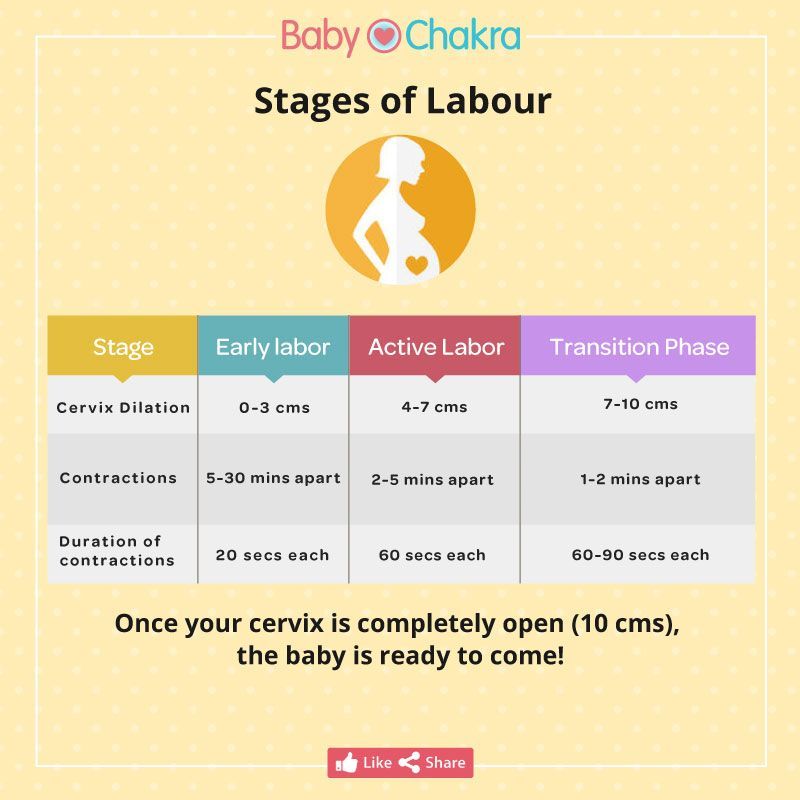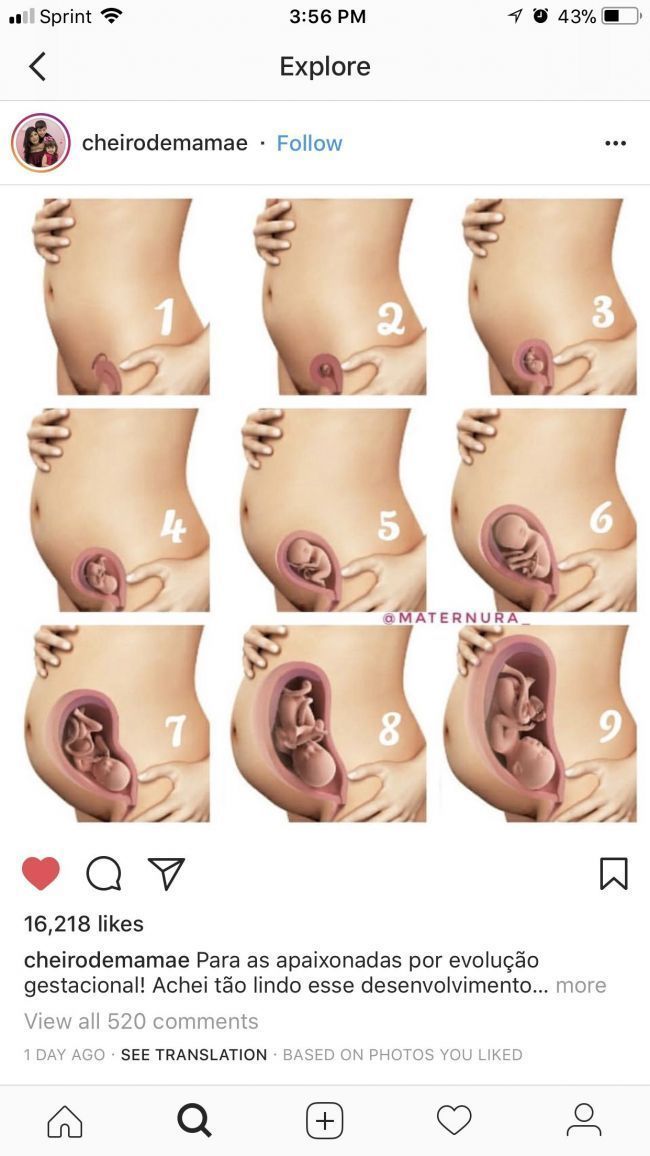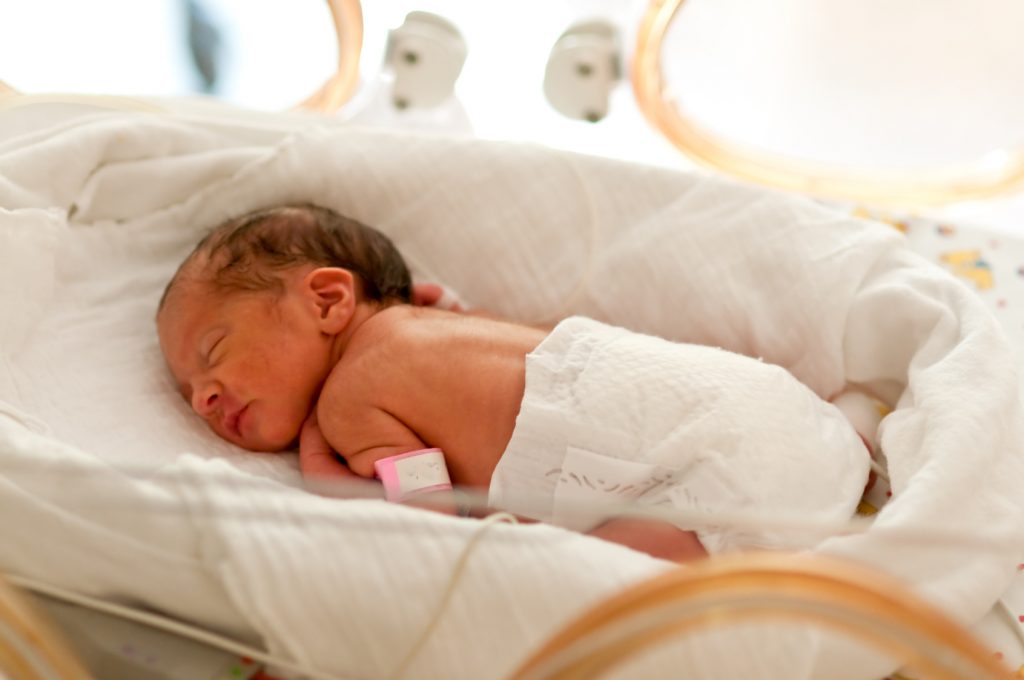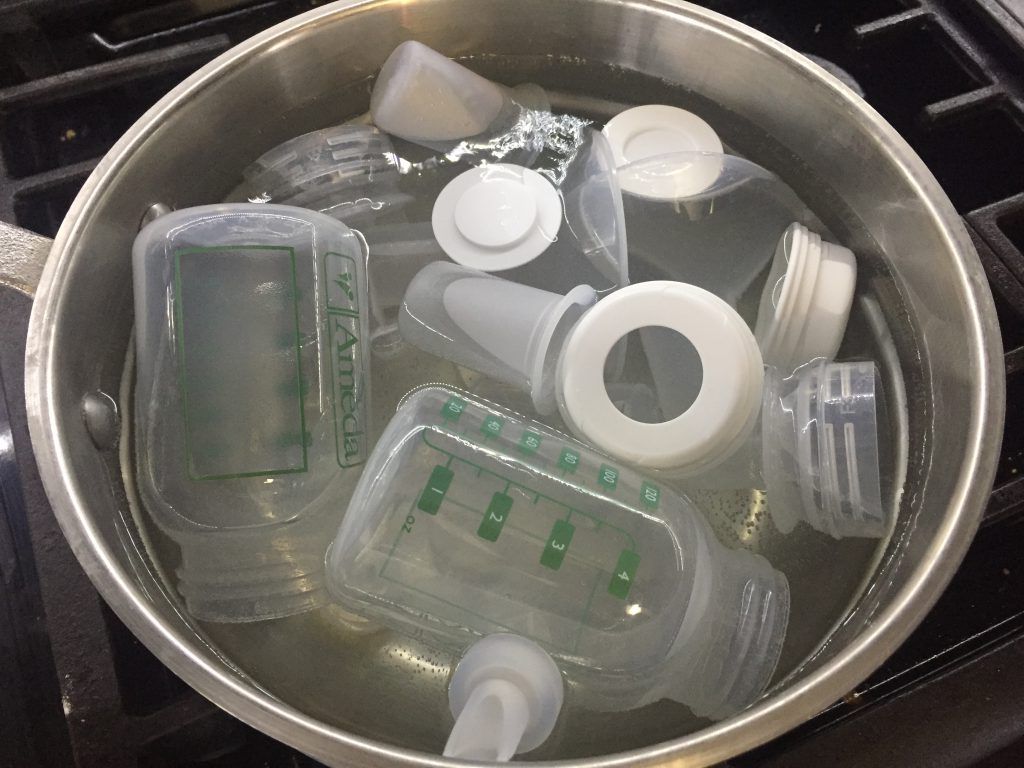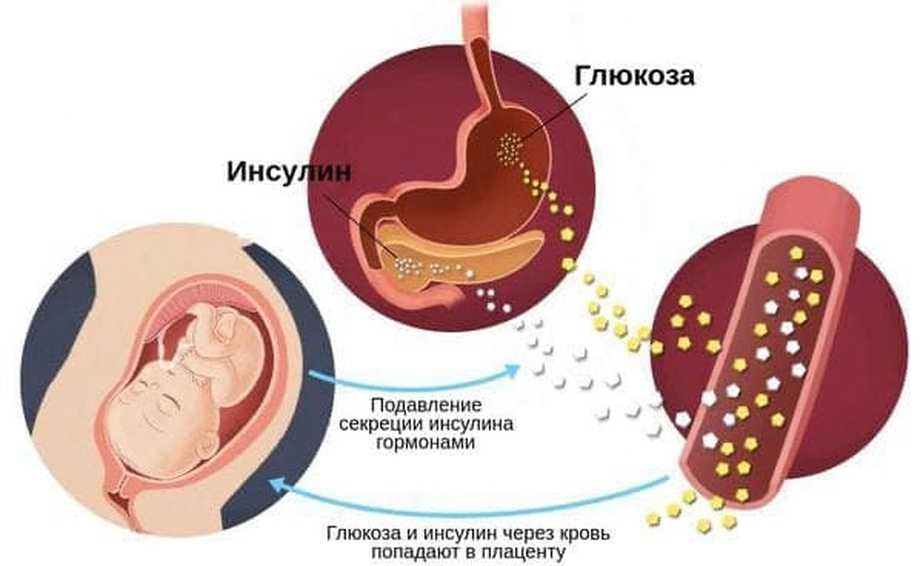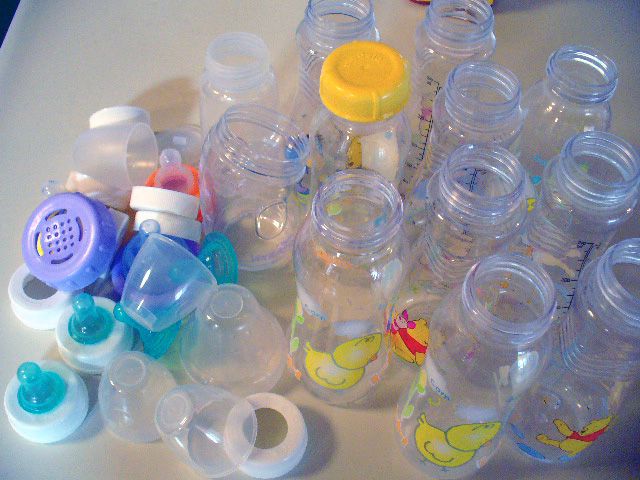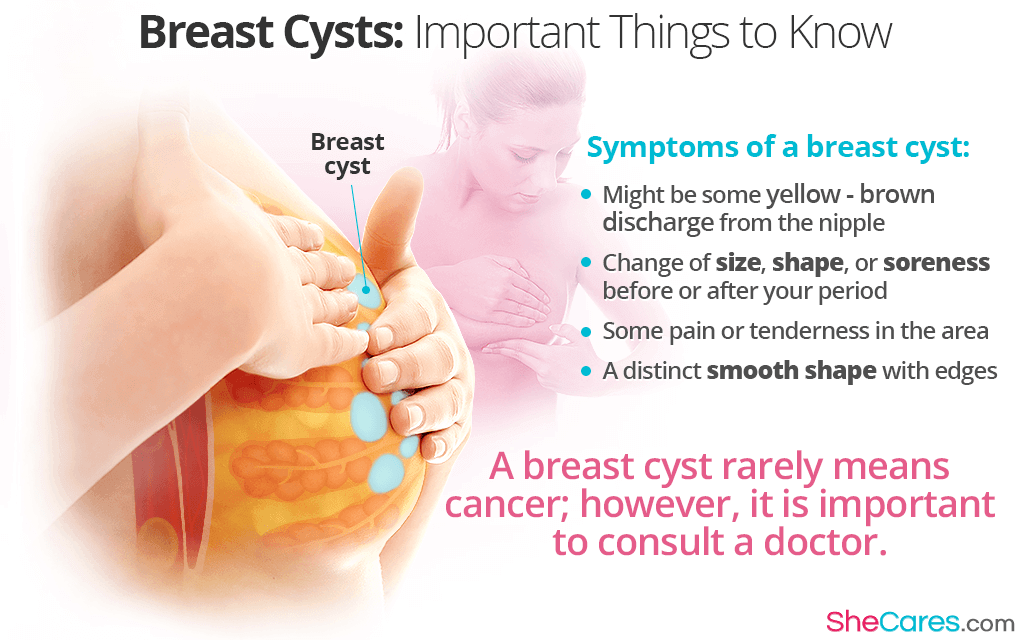Symptoms that you are pregnant
16 early signs of pregnancy
You’ve got one question on your mind: Could I be pregnant?
A pregnancy test is the only way to know for sure. But if it’s too early to take a test, you may be on the lookout for early signs – or maybe you think you’re already experiencing some early pregnancy symptoms.
Is it too early to tell if you’re pregnant? What symptoms may be the earliest signs of pregnancy? Below, we answer those questions and more.
How early can you tell if you’re pregnant?
Again, you’ll need to take a pregnancy test at the right time to confirm your hopes or suspicions. But when it comes to the first symptoms of pregnancy, everyone is different. Some people start to notice changes within a week after conception. Others might not notice anything until they miss their period.
When should you take a pregnancy test?
It’s usually recommended that you take a pregnancy test after you’ve missed your period. This is because pregnancy tests measure the level of human chorionic gonadotrophin (hCG) in your body, which is a hormone that starts to build up when you conceive. It can take around three to four weeks from the first day of your last period for there to be enough hCG in your body to show up on a test.
What are the first symptoms of pregnancy?
The most common sign of early pregnancy? A missed period.
Your menstrual cycle is your body’s way of preparing for a possible pregnancy each month. Part of that is the thickening of your uterine lining, which is where a fertilized egg would implant to begin a pregnancy.
If you’re not pregnant, your period is how your uterus sheds that extra lining. If you are pregnant, that lining stays put and you don’t get your normal flow. This is why a missed period is often the earliest sign of pregnancy.
Of course, a delayed or missed period doesn’t always mean you’re pregnant. If your body is under a lot of stress or you have a hormonal imbalance, you could be experiencing an irregular menstrual cycle.
What other symptoms can be early signs of pregnancy?
Every person – and every pregnancy – is different.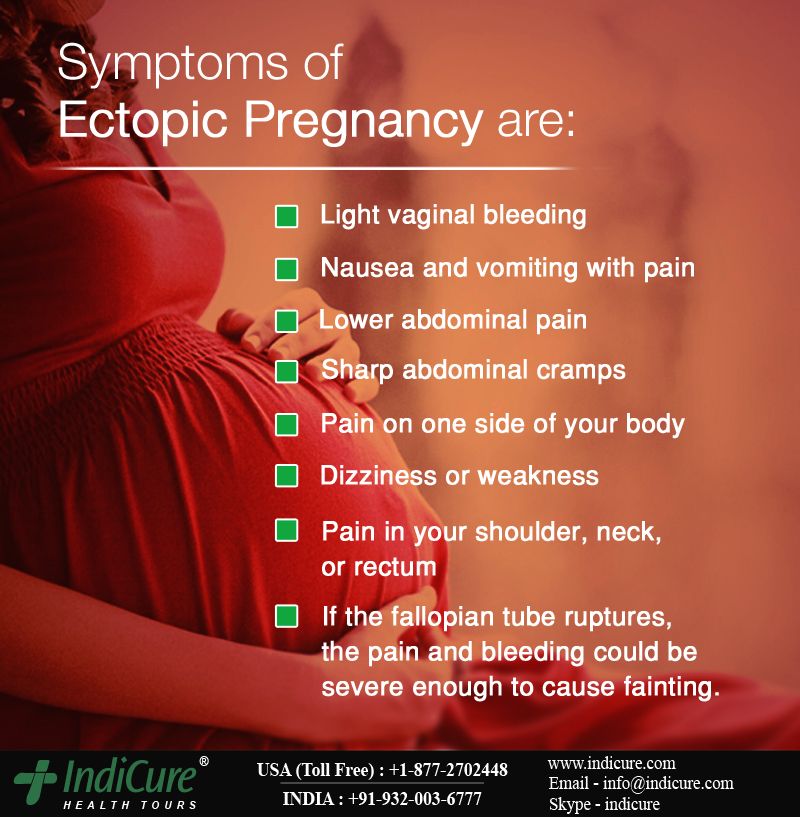 So, if you are pregnant, you’ll likely experience a unique combination of common, not-so-common and sometimes overlapping symptoms. And, they may show up earlier or later than expected. Here are more than a dozen possible symptoms of early pregnancy.
So, if you are pregnant, you’ll likely experience a unique combination of common, not-so-common and sometimes overlapping symptoms. And, they may show up earlier or later than expected. Here are more than a dozen possible symptoms of early pregnancy.
1. Spotting or light bleeding
Many women are surprised to learn that spotting or light bleeding can be an early sign of pregnancy, but about one-third of women experience it. This is often called implantation bleeding because doctors believe it occurs as the fertilized egg attaches (or implants) itself into the uterine lining. This is different from bleeding that could occur from something like a miscarriage – which is usually heavier.
When does implantation bleeding occur?
Implantation bleeding typically occurs 10 to 14 days after conception, which is just before or right around the time your period is due. So, you may think you’ve gotten your period.
But implantation bleeding is a light flow, which may start and stop over a couple days. And while it can take on a range of colors, it’s more likely to be pink, brown or light red.
And while it can take on a range of colors, it’s more likely to be pink, brown or light red.
Your period, on the other hand, may start off light in flow and in color but after a couple days becomes heavier, changes to a crimson red color and lasts up to a week or so.
2. Lower abdominal pain or cramping
While cramps and lower-abdominal pain can signal a coming period, they can also be a sign of egg implantation.
What do implantation cramps feel like?
Implantation cramps can occur with or without spotting or bleeding, and may feel different from period cramps. For example, you might feel mild to moderate prickling, pulling or tingling that comes and goes over a few days.
But menstrual cramps can often feel like a throbbing or dull ache, and typically start a day or two before your period.
3. Higher basal body temperature
If you’ve been tracking your basal body temperature (BBT) to increase your chances of getting pregnant, you probably know that your BBT goes up slightly right after ovulation.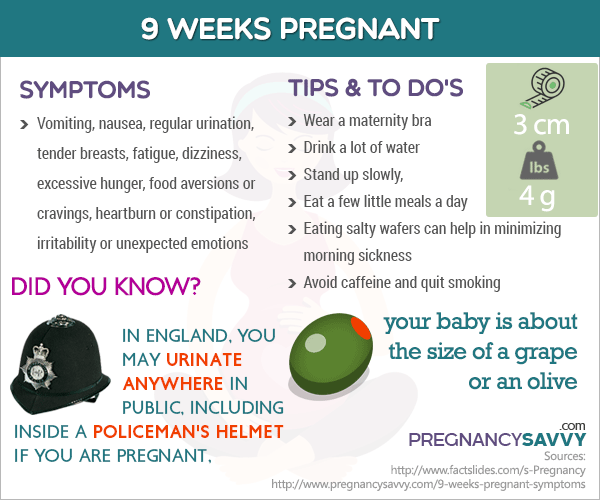 If you’re pregnant, your temperature may remain elevated rather than dipping back down.
If you’re pregnant, your temperature may remain elevated rather than dipping back down.
Of course, you could be running hot for other reasons, but if it lasts more than a few weeks, pregnancy may be the explanation.
4. Changes in cervical mucus
If you’ve already been checking your cervical mucus to figure out when you’re most fertile, here’s a reason to continue: In the first few weeks of pregnancy, the amount of cervical discharge may increase and become stickier and whiter.
5. Breast tenderness, swelling or tingling
When you’re pregnant, your body experiences big changes in hormones – specifically, increases in estrogen and progesterone – to support your growing baby. This change in hormones can contribute to many symptoms, including breast tenderness.
Oftentimes, increased breast tenderness, swelling or tingling start to become noticeable a few days before a missed period.
If you usually experience breast tenderness leading up to your period or shortly after it begins, pregnancy-related breast tenderness and swelling will likely be more intense than you’re used to and stick around.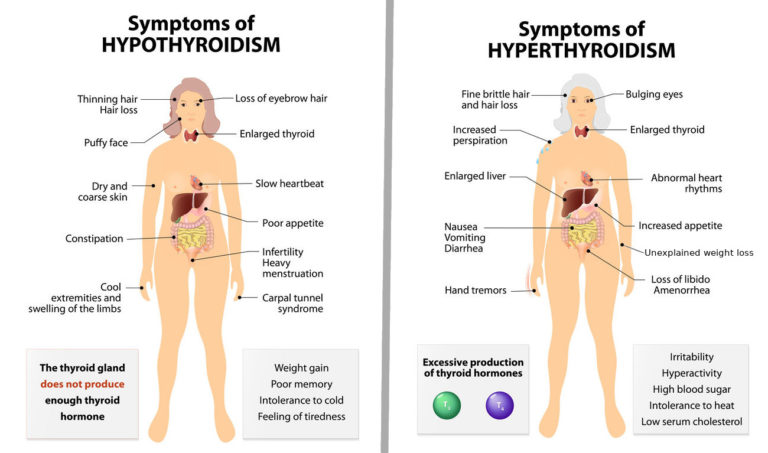 You may also experience nipple soreness.
You may also experience nipple soreness.
6. Fatigue
Fatigue in early pregnancy is common, and some women might notice it before they know they’re pregnant. In fact, fatigue may set in as soon as one week after conception. This is thanks to those sudden changes in hormone levels, particularly increasing progesterone.
7. Frequent urination
If you’re making more trips to the bathroom than usual around the time your next period is due, it may be a sign of pregnancy.
Certainly, your drinking habits play a big role in how many times you pee in a day. However, pregnancy increases the amount of blood in your body, which gives your kidneys more fluid to filter and more waste to get rid of.
So if you’re pregnant, you may notice you’re peeing a lot more – a symptom that can start early on and (unfortunately) last throughout your pregnancy.
8. Nausea or vomiting
Morning sickness might be the most well-known of all pregnancy symptoms, taking the form of food aversion or nausea, and even vomiting for some. This symptom can set in as early as two weeks after conception, which is around the fourth week of pregnancy and right around the time you’d miss your period if you were pregnant.
This symptom can set in as early as two weeks after conception, which is around the fourth week of pregnancy and right around the time you’d miss your period if you were pregnant.
But some may not experience nausea or vomiting at all. And despite its name, morning sickness can actually happen at any time of the day or night.
9. Darkening areolas
When you’re pregnant, your areolas (the areas round your nipples) will likely grow and darken. Usually, these changes are gradual and continue throughout pregnancy. However, some women notice these changes really early on in combination with other symptoms.
10. Bloating or constipation
We all experience bloating or constipation from time to time, but both are quite common during pregnancy. Once again, those changing hormones are the culprit. They slow down digestion, which can cause a buildup of air in the gut and lead to constipation.
Early on, bloating or constipation may be mild and accompanied with other pregnancy symptoms.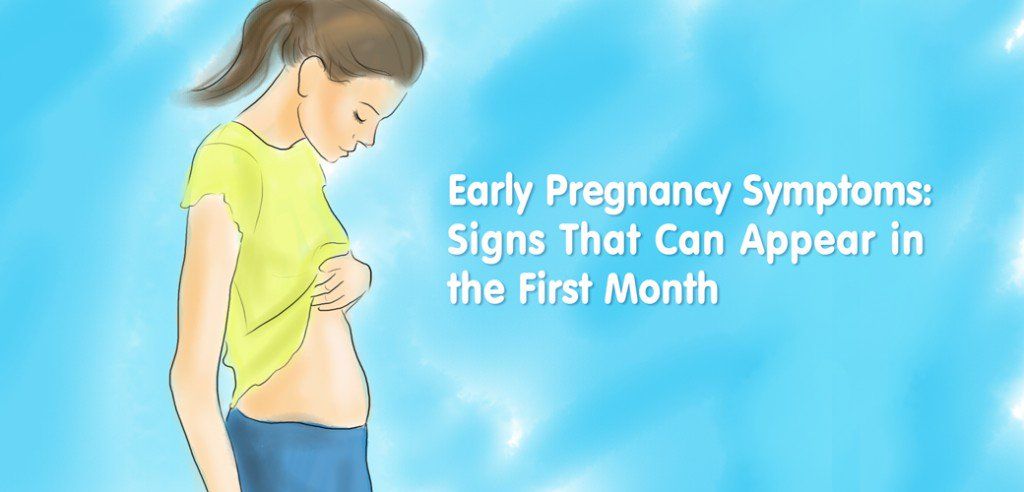 But – as a heads up – if you really are pregnant, these symptoms may stick around throughout your whole pregnancy.
But – as a heads up – if you really are pregnant, these symptoms may stick around throughout your whole pregnancy.
11. Metallic taste in your mouth
Many women report a metallic taste in their mouth during pregnancy. Once again, hormones are to blame – specifically, estrogen.
Typically, this symptom (as well as changes in taste overall) is common in the first trimester but may occur at other times too – including before a missed period.
12. Sensitivity to smell
Many women report that sensitivity to smell was one of their first signs of pregnancy. In fact, as many as two-thirds of women become more sensitive or reactive to the smells around them during pregnancy.
And oftentimes, this heightened sense of smell can stick around through the first trimester or beyond, and contribute to other symptoms such as nausea, and food cravings or aversions.
13. Mood changes
From a stressful day at work to the natural wonders of your menstrual cycle, there are a lot of things that can affect your mood.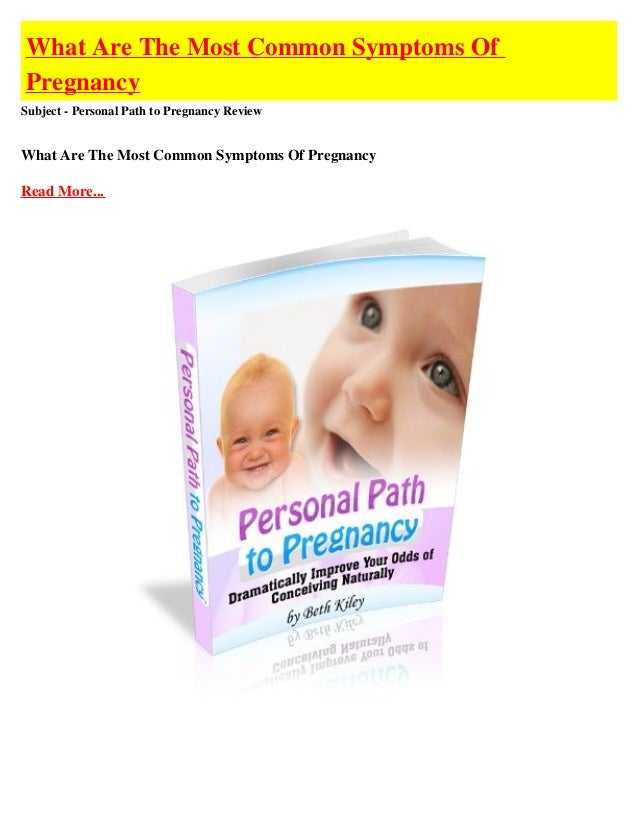 But changes in mood are very common during pregnancy – and they may be especially noticeable early on as your body gets a sudden burst of estrogen and progesterone.
But changes in mood are very common during pregnancy – and they may be especially noticeable early on as your body gets a sudden burst of estrogen and progesterone.
If you are pregnant, any mood changes you’re experiencing are likely coupled with other symptoms such as fatigue or nausea. You may feel more sensitive or weepy. Or perhaps your fuse is a little shorter and you’re more easily annoyed.
14. Headaches
Headaches are a part of life. They come with colds and allergies. They come with stress or fatigue, or when you cut down on caffeine to help prepare your body for pregnancy. But they can also come with pregnancy.
Headaches can happen thanks to the increasing blood volume and hormonal changes that occur in early pregnancy. You can also get headaches if you’re dehydrated as a result of nausea.
15. Dizziness
As blood flow increases during pregnancy, blood pressure can also decrease and lead to dizzy spells. Usually, dizziness is more of a second trimester symptom, but some women may notice it very early on, too.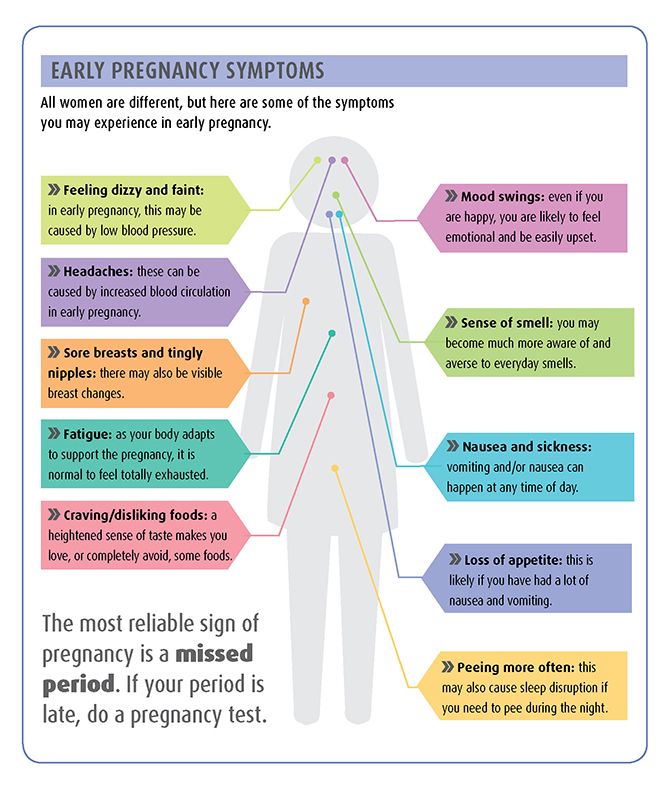
16. Nasal congestion
A lot of people are shocked to learn that nasal congestion can be a pregnancy symptom. You may wonder if you’re coming down with something or your allergies are acting up. But if you’re noticing a stuffy or runny nose along with other pregnancy signs, you might be taking a pregnancy test in the near future.
The mucous membranes in the nose are also affected by hormones and increased blood flow throughout your body. This can cause blood vessels to swell, resulting in congestion and even sneezing.
Could you have early pregnancy symptoms and not be pregnant?
Yes. As we’ve mentioned, many early pregnancy symptoms can overlap with symptoms of other conditions, especially premenstrual symptoms. So, the best way to know if the symptoms you’re experiencing are pregnancy related is to try to relax and patiently wait until it’s time to take a pregnancy test.
When should you see a doctor about a new pregnancy?
If you’ve taken a pregnancy test and it’s positive, go ahead and make your first prenatal visit right away.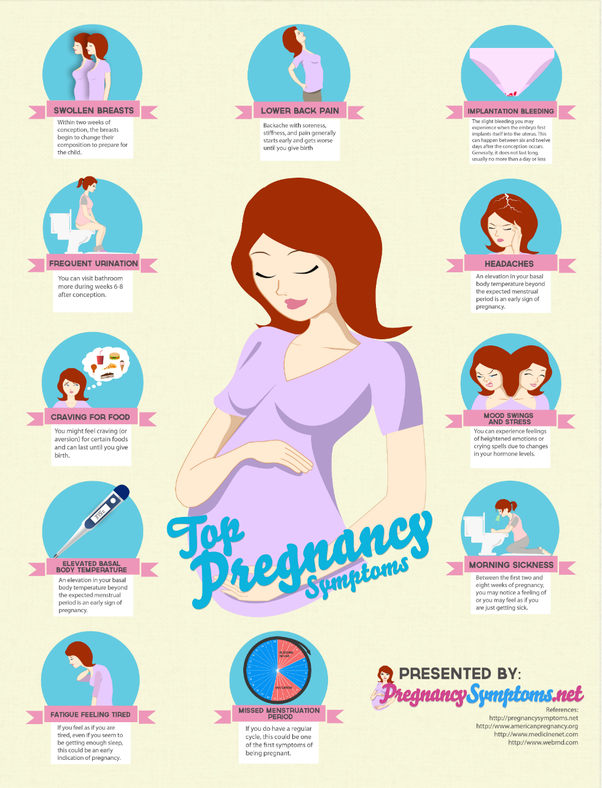 This is also a great time to start looking into educational resources like the myHealthyPregnancy app.
This is also a great time to start looking into educational resources like the myHealthyPregnancy app.
At the first prenatal visit, you’ll get a physical exam and other tests to make sure everything is looking healthy, and you’ll learn about the rest of your prenatal appointment schedule. You’ll also get to talk through any expectations and questions you have, such as which foods to eat and avoid while pregnant.
Questions or concerns about your symptoms? Our 24/7 nurse line is free for our members and patients.
Positive pregnancy test? Schedule a visit.
How to increase your chances of getting pregnant
If you’re trying for a baby or thinking about it, you’re probably feeling a lot of excitement and anticipation. And rightly so! But as you may know, getting pregnant isn’t just a matter of having sex.
For starters, timing is everything when it comes to conception. The good news is there are a few things you can do to make sure you’re timing sex just right.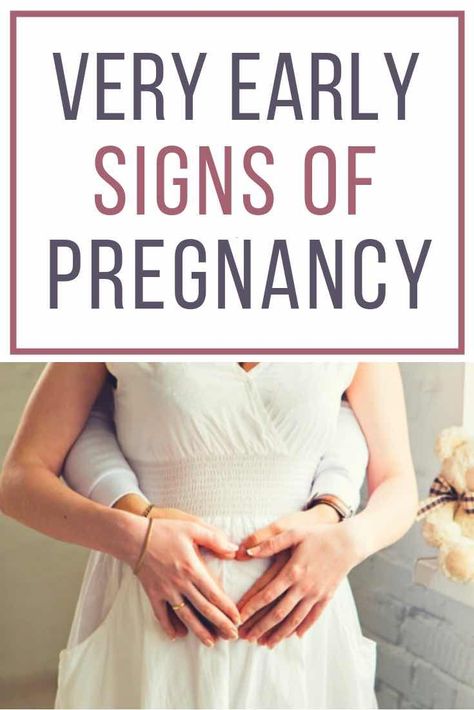 And the even better news is there are additional techniques you can use to further improve your chances of getting pregnant.
And the even better news is there are additional techniques you can use to further improve your chances of getting pregnant.
Whether you’ve been trying to get pregnant for a few months or you’re getting started soon, we’re here to help. Below, we explain what you should know about your odds of getting pregnant, and key tips for increasing them through timing, technique and more.
What are your chances of getting pregnant every month?
Generally, a woman who’s trying to get pregnant has between a 15% and 25% chance of doing so each month. Despite those odds, most couples conceive within the first year of trying.
Whether you will conceive depends on several factors such as your overall health, age, your and your partner’s fertility, and having sex at the right time during your cycle.
Ways to increase chances of getting pregnant
1. Start tracking your menstrual cycle (if you haven’t already)
Each new menstrual cycle is marked by the first day of your period.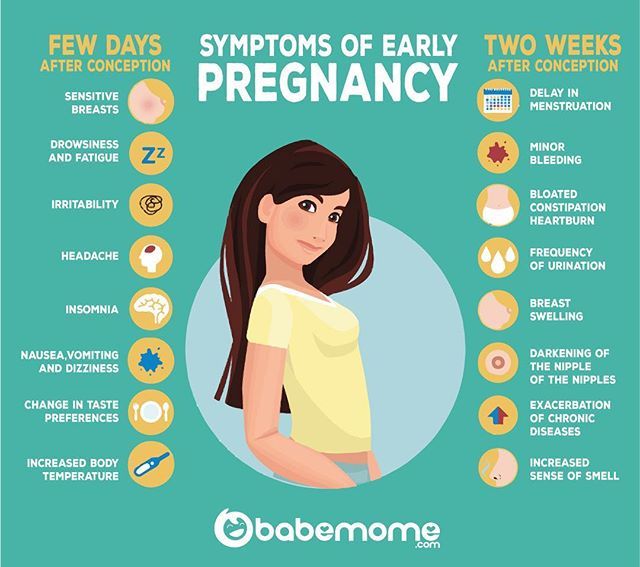 And tracking your cycle – along with any daily symptoms you’re experiencing – can be incredibly helpful. Why?
And tracking your cycle – along with any daily symptoms you’re experiencing – can be incredibly helpful. Why?
Tracking your cycle helps you get to know your body better, including how long your cycle is. The length of your cycle is what determines your fertile window, which we’ll get to in the next section.
Tracking the symptoms you experience such as changes in sex drive, mood or cervical mucus can help you identify patterns throughout your cycle, including what you typically experience leading up to your most fertile days.
How do you get started? When your next period arrives, start tracking since that is Day 1 of your cycle. You can keep a journal and write things down, or you can use mobile apps such as Fertility Friend and Clue.
2. Identify your fertile window and start tracking ovulation
Your fertile window usually occurs mid-cycle and is when you have the highest chance of getting pregnant. During this window, ovulation – when an egg is released from an ovary – occurs. Once this happens, conception (or egg fertilization) is possible.
Once this happens, conception (or egg fertilization) is possible.
Tracking your cycle helps set you up for success by narrowing down your fertile window. But the next step to further improve your chances of getting pregnant is identifying when you’re ovulating. Since conception can’t happen until an egg is released, knowing your ovulation window helps you better time sex.
From monitoring your cervical mucus and basal body temperature, to ovulation predictor kits, there are several methods to help figure out your most fertile days.
3. Have frequent sex during your fertile window
One of the most common questions among people trying to conceive is: How often should I have sex if I’m trying to get pregnant?
The short answer is that it depends on your preferences as a couple, and whether there are any known fertility issues.
Overall, studies have shown that couples who have sex every day or every other day during the fertile window have the highest rates of pregnancy.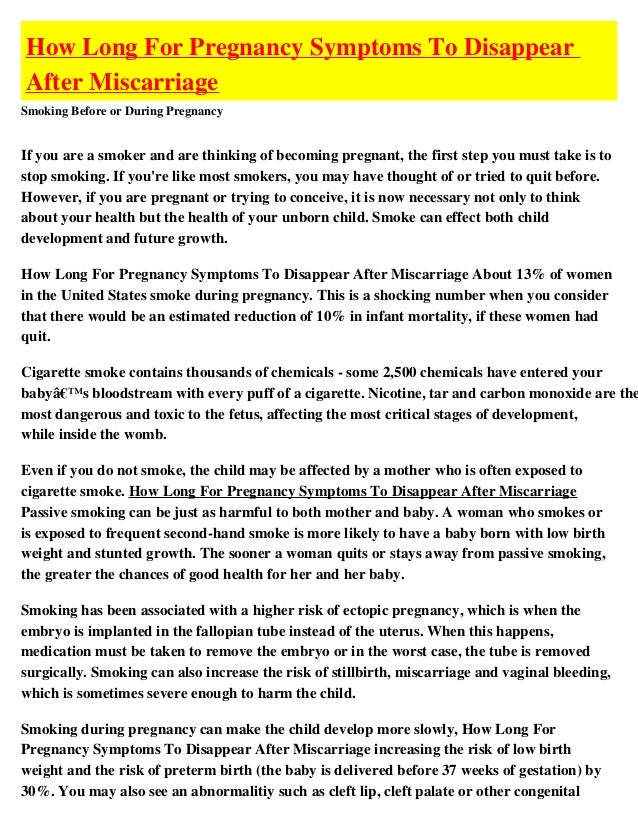 Also, doctors often recommend sticking to just once a day during the fertile window.
Also, doctors often recommend sticking to just once a day during the fertile window.
If having sex every day or every other day isn’t possible or enjoyable, set a goal to have sex throughout your cycle. This can get you and your partner into a regular sex routine, which can carry you into the fertile window.
Is morning or evening sex better when you’re trying to conceive?
Morning may be the best time to have sex for conception, at least as far as sperm are concerned. Some studies have suggested that sperm count and quality are slightly higher early in the morning, which may mean better odds of conception if they’re deposited right after a good night’s sleep.
However, there isn’t a clear medical consensus, so if you and your partner are in the mood, you shouldn’t let the time of day stop you.
Are there certain positions that can increase your chances of getting pregnant?
There’s no scientific evidence to support the idea that a specific position can increase the odds of conception. However, positions that allow for deeper penetration, such as where the male partner is on top, may help deposit sperm closer to the uterus.
However, positions that allow for deeper penetration, such as where the male partner is on top, may help deposit sperm closer to the uterus.
4. Lay down and relax for a few minutes after sex
Standing up or going to the bathroom after sex may pull sperm away from their destination. So, lying on your back for 15 minutes or so after sex may help keep sperm moving in the right direction.
5. Make sure you’re using a fertility-friendly lubricant
The kind of lubricant you use during sex can actually make conception more difficult, so much so that the Food and Drug Administration now categorizes certain lubricants as “fertility friendly”.
This is because the ingredients in many lubricants, such as petroleum, silicone, parabens and glycerin, can harm sperm function. A lubricant’s pH (how acidic or alkaline it is) can also have an effect.
Lubricants to avoid when trying to conceive
- K-Y Jelly
- Astroglide
- Aquagel
Lubricants to consider when trying to conceive
- Pre-Seed
- BioGenesis
- JO Actively Trying
6.
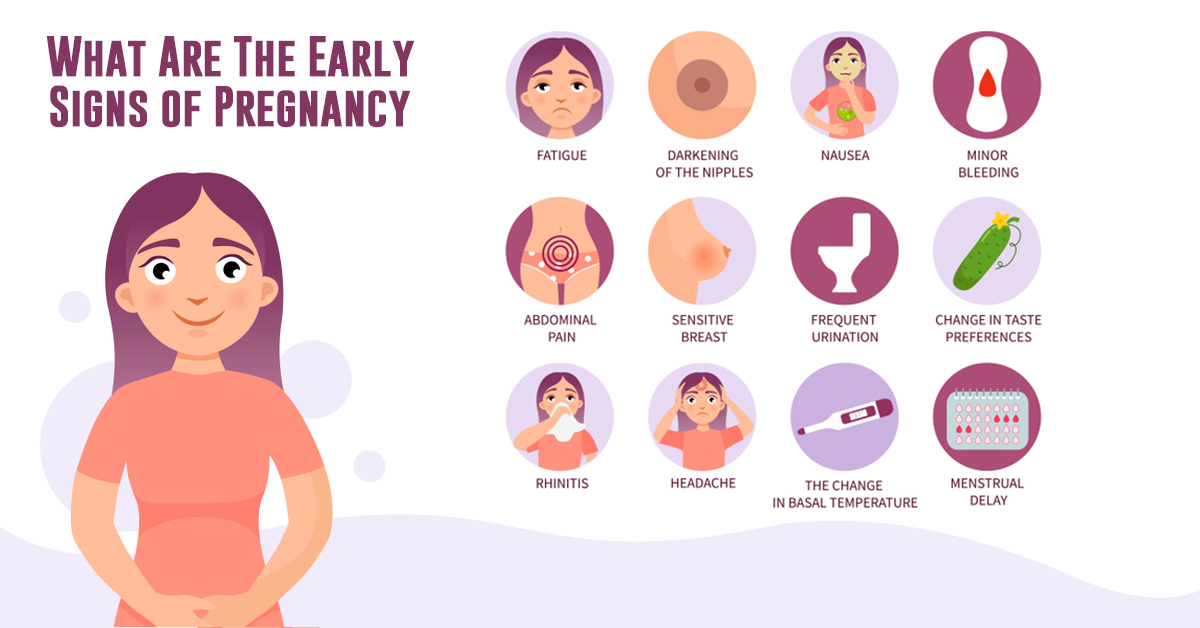 Strive for a healthy lifestyle for you and your partner
Strive for a healthy lifestyle for you and your partner Getting pregnant isn’t only about timing and technique. Improving your health can help increase your odds of becoming pregnant and set you up for a healthy pregnancy. And that goes for your partner, too.
Healthy lifestyle habits you’ll benefit from before (and after) you conceive include:
- Taking a prenatal vitamin that’s high in folic acid can help with embryo development and reduce the chance of birth defects.
- As for your partner, they can take a male fertility supplement without testosterone additives. Or they can take a daily multivitamin plus a Coenzyme Q-10 vitamin.
- Making good food choices such as eating a balanced diet of proteins, unsaturated fats and complex carbs, can help make your body an ideal environment for a healthy pregnancy – and may help increase your partner’s sperm production.
- Getting active can reduce stress and condition your body, two things that are helpful for every stage of your pregnancy journey.
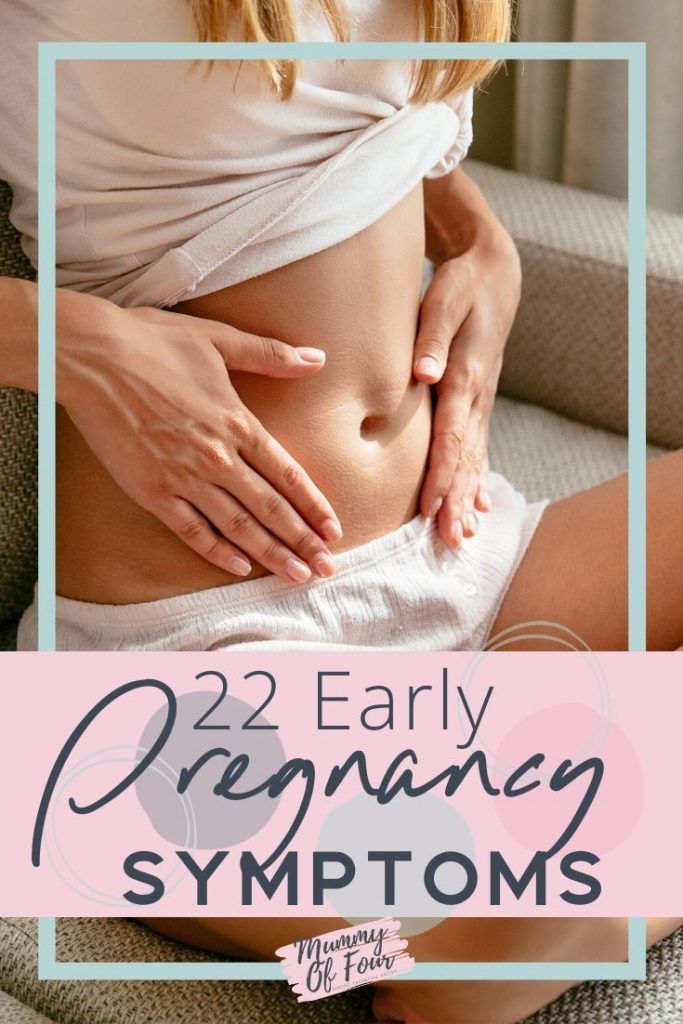
- Exercise is important for male fertility, too. But activity should be moderate. Intense exercise, and cycling in particular, may reduce sperm count rather than increase it.
- Men should also avoid exposing their testicles to excessive heat, such as from a hot tub, sauna, steam bath or tight clothing.
- Limiting alcohol consumption before you conceive is important because alcohol can interfere with the first few weeks of pregnancy, when your baby’s organs are developing. Limiting alcohol can also benefit higher sperm production.
- Quitting smoking before pregnancy can positively affect both your odds of conception and the health of your pregnancy. That’s because smoking has been repeatedly linked to a variety of health- and fertility-related issues in both men and women.
- Reducing your stress level may be easier said than done, but it can have a serious payoff. Effectively managing stress can benefit not just your fertility and your pregnancy, but many other aspects of your life as well.
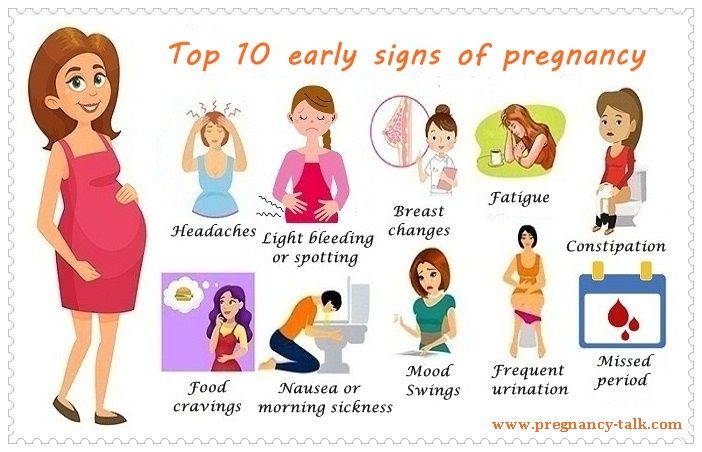
Take a peek at our full preconception checklist to set yourself up for success.
7. Schedule a checkup
Scheduling a preconception checkup with your family doctor, OB-GYN or midwife is an important step. A preconception visit is similar to an annual physical but includes additional care focused on family planning and pregnancy.
In particular, a preconception checkup can help identify any health issues that may affect your chances of conception or having a healthy pregnancy.
Your preconception checkup may include things like a physical exam, and a review of your health and reproductive history such as immunizations you’ve received, past pregnancies and current medications. Blood and imaging tests may also be done. This visit is also an opportunity to voice any questions or concerns you may have.
You and your partner should each schedule appointments for yourselves so that you know everything you can when you start trying to conceive.
Start with almost-baby steps
The more information you have on your side, the more you can increase your chances of conceiving quickly.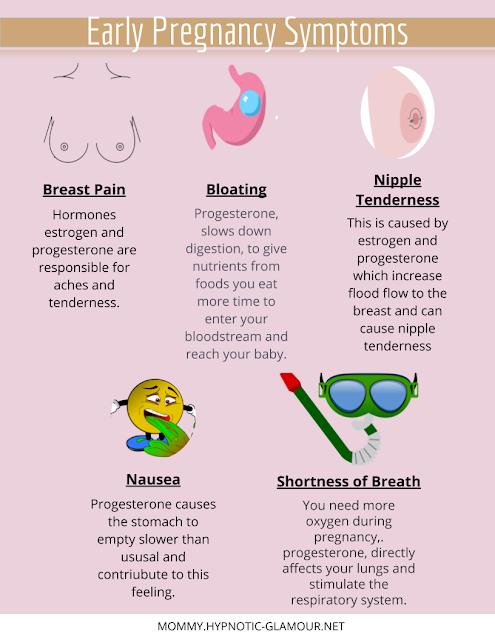
Understanding your cycle and then pinpointing your most fertile days are the big ones for being able to time your baby-making sessions. But don’t forget to use simple techniques and tools like taking it easy for a few minutes after sex and using the right lubricant.
And of course, don’t neglect your health. Beyond taking steps to keep your mind and body healthy, get in for a visit with your doctor or clinician. They will not only check in on your health, but they can also give you tailored advice to help improve your chances of getting pregnant.
First signs of pregnancy before delay, early symptoms
Significant hormonal changes occur during pregnancy. This causes a number of symptoms. Some women experience pregnancy symptoms right away, while others may only have a few. About the first signs of pregnancy at an early stage and when exactly the initial signs of pregnancy appear are described in the article.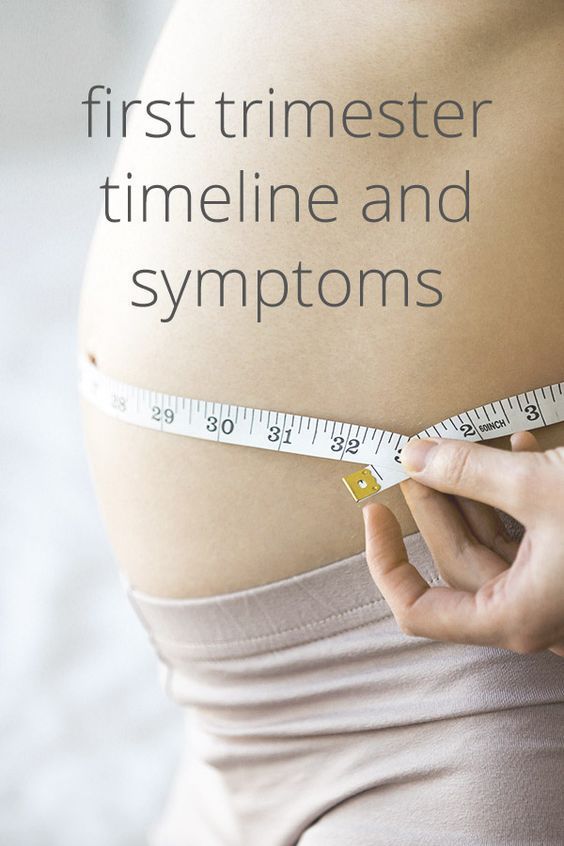 nine0004
nine0004
At what time do the first signs of pregnancy appear
The answer to the question when the first signs of pregnancy appear is quite ambiguous, because some women do not feel any signs at all during the first few weeks. At what week do the first signs of pregnancy appear in others? When do the first signs of pregnancy appear after conception? Symptoms of very early pregnancy (such as breast tenderness) may appear before a missed period, as early as six to seven days after conception, while other early signs of pregnancy (such as spotting) may appear about a week after ovulation. We will tell you more about the first signs of pregnancy before menstruation and when the signs of pregnancy appear. nine0013
What are the earliest signs of pregnancy?
The first signs of pregnancy in the early stages:
- delayed menstruation - 29%;
- nausea - 25%;
- mood swings - from 14 to 23%;
- breast changes - 17%;
- pain in the lower abdomen - 15%;
- depression - 15%;
- fatigue, drowsiness - 13%
- decrease in immunity - 6%;
- the first signs of pregnancy - discharge or implantation bleeding - only 3%.
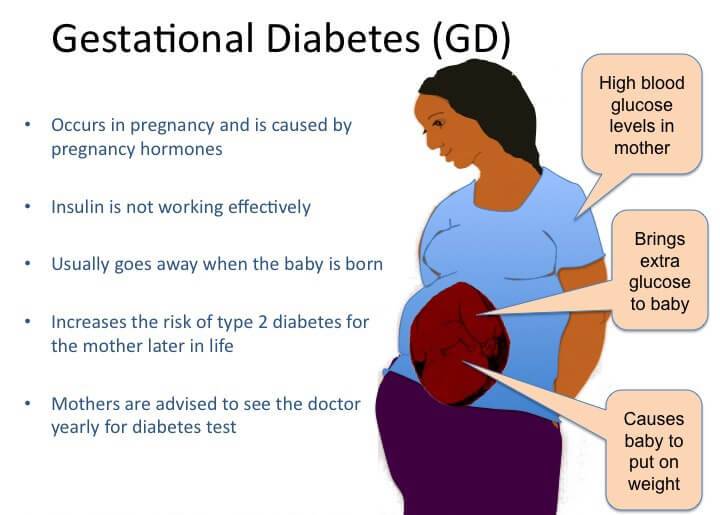 nine0027
nine0027
Physiological first signs of pregnancy
What are the very first symptoms of pregnancy?
The most common physiological signs of pregnancy include:
- Tender and enlarged breasts. Signs of pregnancy in the first days after conception include breast changes (1-2 weeks after conception). The area around the nipples, called the areola, may also darken. nine0044
- Drowsiness and fatigue. Fatigue is also among the signs of pregnancy in the first days after conception. During early pregnancy, levels of the hormone progesterone rise dramatically, which can cause drowsiness.
- Nausea with vomiting. When do these signs of pregnancy appear? Morning sickness, which can appear at any time of the day or night, often appears between the second and eighth weeks after conception. nine0027
- Dizziness and fainting .
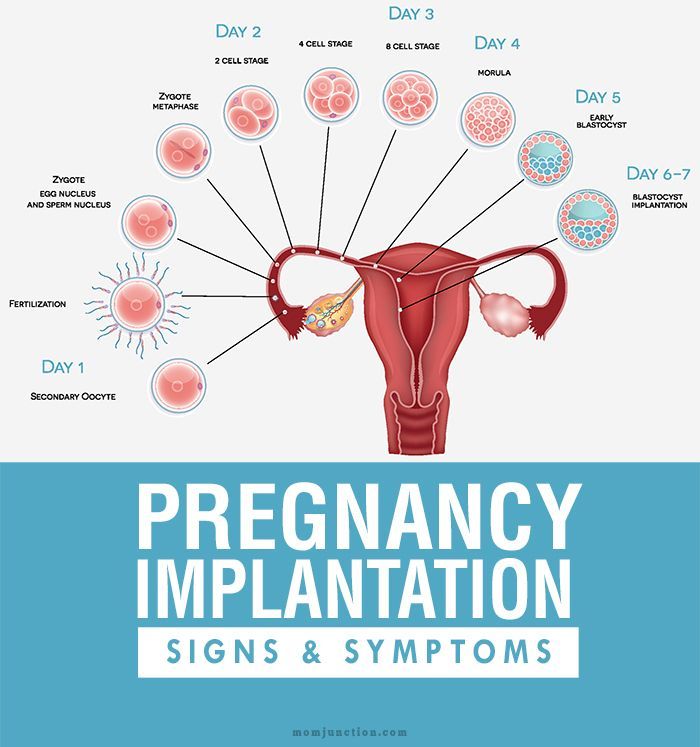 This may be due to dilation of blood vessels, lowering blood pressure and blood sugar levels.
This may be due to dilation of blood vessels, lowering blood pressure and blood sugar levels. - Spasms. Some women experience symptoms of pregnancy in the early days, such as mild uterine cramps.
- Headaches and back pains. Many pregnant women complain of frequent headaches, while others experience back pain. nine0044
- Insomnia - another first sign of pregnancy before the test. Causes can include stress, physical discomfort, and hormonal changes.
- Change in taste preferences. Like most other symptoms of pregnancy, these eating habits can be attributed to hormonal changes.
- Temperature. Early signs of pregnancy include fever (37-37.5).
- Delayed menstruation. How long does it take for the first signs of pregnancy to appear? If you are of childbearing age and a week or more has passed without your expected period, you may be pregnant.
However, this symptom can be misleading if you have an irregular menstrual cycle.
- Bloody discharge - the first signs of pregnancy . This bleeding, known as implantation bleeding, occurs when a fertilized egg attaches to the lining of the uterus, approximately 10 to 14 days after conception. nine0027
- Bloating, heartburn. Hormonal changes can cause problems with the stomach and esophagus - these are common signs of pregnancy at 2 weeks.
- Constipation . Hormonal changes cause the digestive system to slow down, which can lead to constipation (signs of pregnancy after a delay).
- Frequent urination. You may urinate more than usual, which is a common sign of pregnancy at 5 weeks. During pregnancy, the amount of blood in the body increases, causing the kidneys to process excess fluid that enters the bladder. nine0027
- Runny nose.
 The appearance of this symptom is associated with excessive production of the hormone estrogen.
The appearance of this symptom is associated with excessive production of the hormone estrogen. - Exacerbation of chronic diseases. This is a sign of pregnancy after ovulation.
- Increased salivation. Also associated with hormonal changes.
- Sense of smell enhancement . Signs of pregnancy in the first two weeks may cause sensitivity to certain smells and the sense of taste may change. nine0027
- Mood swings.
- Irritability.
- Vulnerability, tearfulness.
- Capriciousness.
- Depression.
- In case of toxicosis, avoid too hot or too cold food - this provokes an attack of vomiting. Eat often - at least 5-6 times a day, but in small portions.
- For nausea or vomiting, try ginger, chamomile, or vitamin B6.
- Drink plenty of water, in small sips between meals, to replenish lost fluids.
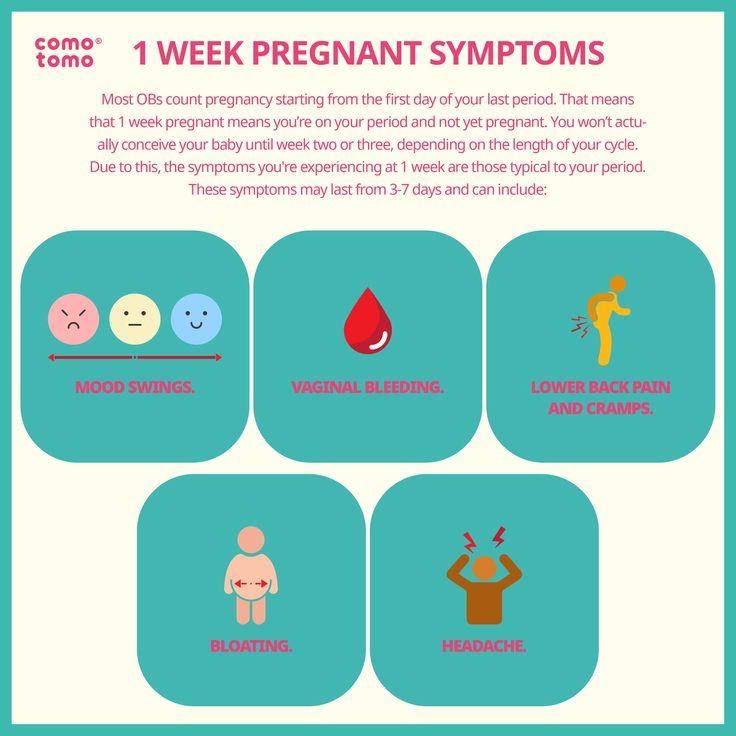 Teas, juices, fruit drinks are also suitable.
Teas, juices, fruit drinks are also suitable. - For back pain, wear shoes or shoe insoles designed for pregnant women and avoid high heels. Sleep on a firm mattress. nine0027
- For chest discomfort, wear a special bra that supports enlarged breasts.
- For constipation, eat more fiber-rich foods such as wheat bran and fresh vegetables and fruits.
- If you suffer from headaches and mood swings, try stress reduction techniques such as yoga or meditation.
- Be outdoors more often, at least half an hour a day. This helps to reduce the symptoms of toxicosis, calm the nervous system. nine0027
- Maintain your daily physical activity for as long as it is convenient for you to perform certain activities.
- Eat a balanced diet with enough proteins, fats and carbohydrates.
- Donate blood for hCG.
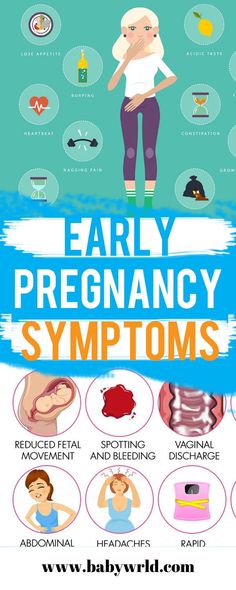 This method can be used a few days after conception. This type of pregnancy test is done using a small sample of blood that is analyzed in a hospital. It determines whether there is a pregnancy hormone in your body and in what quantity. Its accuracy is 99%.
This method can be used a few days after conception. This type of pregnancy test is done using a small sample of blood that is analyzed in a hospital. It determines whether there is a pregnancy hormone in your body and in what quantity. Its accuracy is 99%. - Use a test strip. It can be used at home from the first days of delay. To determine pregnancy, dip the reagent area of the test strip into the urine. Accuracy: 9nine%. You can buy Evitest or HomeTest test strips in our pharmacy.
- Use jet or electronic test. They can be used at home a few days before your expected period. You need to remove its protective cap, substitute the test under the stream of urine for 10 seconds, and after 3-5 minutes get the result. Accuracy: 97%. In our pharmacy you can buy Evitest or Alpe inkjet tests.
- Get your first ultrasound. You can use this method at 3-4 weeks from the start of a missed period.
 At this time, ultrasound will show the very fact of uterine pregnancy, and the place of attachment of the fetal egg is also determined. Accuracy: 100%. nine0057
At this time, ultrasound will show the very fact of uterine pregnancy, and the place of attachment of the fetal egg is also determined. Accuracy: 100%. nine0057
Emotional first signs of pregnancy
The first signs of pregnancy before the delay (the earliest signs of pregnancy) include psycho-emotional symptoms.
These are all emotional signs of early pregnancy that many women report. They describe feelings of heightened emotion or even bouts of crying, which are associated with rapid changes in hormone levels in the body. Also, signs of pregnancy at week 4 can make you feel PMS-style cranky. In addition, about 15% of women suffer from depression or anxiety during pregnancy. And after childbirth, these conditions suffer even more. In this case, it is better to seek help from a doctor. nine0013
Also, signs of pregnancy at week 4 can make you feel PMS-style cranky. In addition, about 15% of women suffer from depression or anxiety during pregnancy. And after childbirth, these conditions suffer even more. In this case, it is better to seek help from a doctor. nine0013
Do everything you can to improve your mood: get plenty of rest, eat well, get enough sleep, do things you love, and pamper yourself.
However, be aware that mood swings can be caused by a number of conditions other than pregnancy.
Influence of early pregnancy on daily routine
Early signs of pregnancy, mainly those that bring discomfort, can cause a change in daily routine. Here are some tips on what you can do with some of them:
Important! All these tips are advisory in nature, be sure to consult your doctor if you encounter discomfort.
What to do if you notice early signs of pregnancy
To make sure the signs of pregnancy are accurate, you can use the following methods to diagnose early pregnancy:
Help Doc.ua: you can make an appointment with a gynecologist on the website.
Are you pregnant? Early signs of pregnancy.
Finally! Your period is delayed. If you want a baby, there is great hope that you will get pregnant this time. A pregnancy test will soon show you more. At the same time, you can observe yourself - perhaps you have already noticed any changes. Your body usually clearly shows you that fertilization has taken place. nine0057 Most of the signs are associated with an increase in hormone levels.
Of course, not every sign means you are pregnant. But the more typical symptoms you notice, the more likely it is. However, in the end, only a doctor can make the final decision: "You're pregnant - congratulations!"
Share this information
Uncertain early signs of pregnancy
The first signs of pregnancy are as varied as they are vague. Often the early signs of pregnancy appear even before the missed period. These may be early symptoms of pregnancy:
Often the early signs of pregnancy appear even before the missed period. These may be early symptoms of pregnancy:
- Nausea and vomiting
- "Leady" tiredness and fatigue
- Frequent urination
- Increased food cravings and unusual eating habits
- Sensitive breasts and darkened nipples smell and taste
- Abdominal cramps, slight bleeding and discharge
- Growth of hair and nails
- Changes in skin conditions
- Forgetfulness
- Mood swings
- Bloating or constipation
- Poor sleep
Nausea and vomiting the first thousand times you saw 9002 in the cinema: the heroine hurriedly runs away, she suddenly feels sick. She doesn't know she's having a baby yet, but everyone in the movie theater has already taken the hint.
In fact, nausea is not so typical. nine0055 Some women feel very ill, others tend to feel a little sick.
"Lead" fatigue and fatigue
Are you as tired during the day as if you had sat up all night? The sofa is calling you at noon, and your eyes start to close as if by magic? A huge need for sleep is one of the most common signs of pregnancy. If you notice unusual tiredness or fatigue, you may be pregnant.
If you notice unusual tiredness or fatigue, you may be pregnant.
Frequent urination
You constantly have to run to the toilet, even if you drink no more than usual. This can be another early sign of pregnancy: once the embryo is implanted, the hormone human chorionic gonadotropin (hCG) is released, which makes you go to the toilet more often.
Food cravings and unusual eating habits
Is your body just screaming for chocolate or would you get up at night to buy greasy chips at the gas station? Or do you have other unusual food addictions ? Bingo! It is possible that you are pregnant. Many women report strange eating habits as early signs of pregnancy : for example, they pour hot salsa straight out of a jar or, being vegans, feel an irresistible craving to bite straight from a hearty salami stick.
Sensitive breasts and darkened nipples
Your breasts may also show early signs of pregnancy. Pay attention to the following symptoms: the breast begins to thicken and fill up, as before menstruation. To the touch, the mammary glands are more plump and large and very sensitive to touch. Your areola often looks darker than usual . The opposite symptom - discoloration - can also be caused by a hormonal imbalance or a previous pregnancy.
Pay attention to the following symptoms: the breast begins to thicken and fill up, as before menstruation. To the touch, the mammary glands are more plump and large and very sensitive to touch. Your areola often looks darker than usual . The opposite symptom - discoloration - can also be caused by a hormonal imbalance or a previous pregnancy.
Changes in smell and taste
Every day you find that the detergent smells unbearably . Or you complain to your husband that he has been bathing in cologne lately. Are you familiar with this? Sensitivity to odors is common in early pregnancy . Some women have a strange metallic taste in their mouths . Another early sign of pregnancy can also be a sudden aversion to alcohol or tobacco.
Abdominal cramps, slight bleeding and discharge
Pulling in the abdomen, as if menstruation is about to begin. You think disappointedly: "It didn't work out with the child again!". Or you even notice a small spot or highlights . But day after day passes, and there are still no periods. Then these symptoms may be early signs of pregnancy. These symptoms are usually harmless and are caused by the implantation of a fertilized egg in the uterus. If you want to be on the safe side, try not to strain yourself and avoid exercise. If you notice anything unusual, see your doctor. nine0013
Or you even notice a small spot or highlights . But day after day passes, and there are still no periods. Then these symptoms may be early signs of pregnancy. These symptoms are usually harmless and are caused by the implantation of a fertilized egg in the uterus. If you want to be on the safe side, try not to strain yourself and avoid exercise. If you notice anything unusual, see your doctor. nine0013
Elevated basal body temperature
You can find out if you are pregnant by regularly measuring your basal body temperature: if in the morning after waking up for eighteen days your temperature is higher than usual , then most likely you are pregnant.
When do the early signs of pregnancy appear?
It is impossible to say exactly in which week of pregnancy certain symptoms of pregnancy appear. When the first signs of pregnancy appear and whether they appear at all depends on the individual woman. However, the early symptoms of pregnancy can be roughly attributed to the following weeks.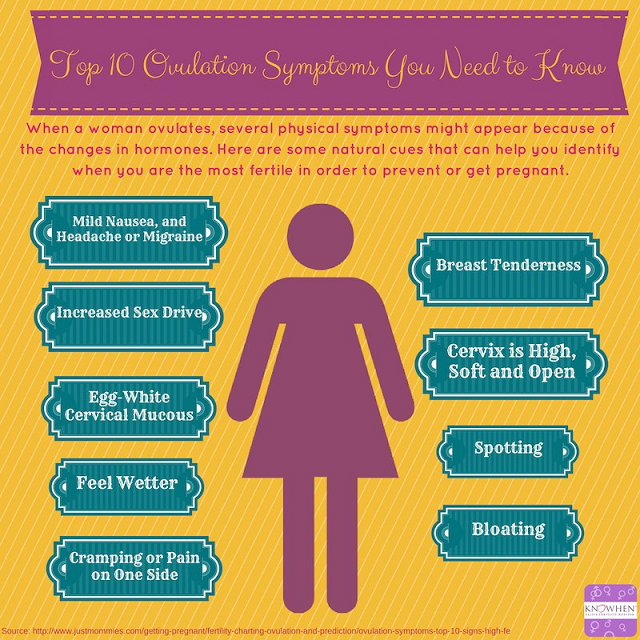 nine0013
nine0013
4th week: implantation pain and slight bleeding, breast tenderness.
Weeks 5 and 6: mood swings, fatigue, hunger, nausea and vomiting
Weeks 7 and 8: nausea, circulation problems, dizziness, low blood pressure, insomnia , frequent urination,
Weeks 9 and 10: breast changes, nausea, shortness of breath
Weeks 11 and 12: bloating, constipation
The three surest signs of pregnancy
There are many early symptoms of pregnancy, but the surest signs of how to understand that you are still pregnant:
1. Cessation of menstruation.
This is the surest sign of pregnancy. Sometimes stress, hormonal fluctuations or an organic disease are to blame, but it is better to take a pregnancy test.
2. You suffer from nausea.
A few days after conception, you may feel slightly unwell.

